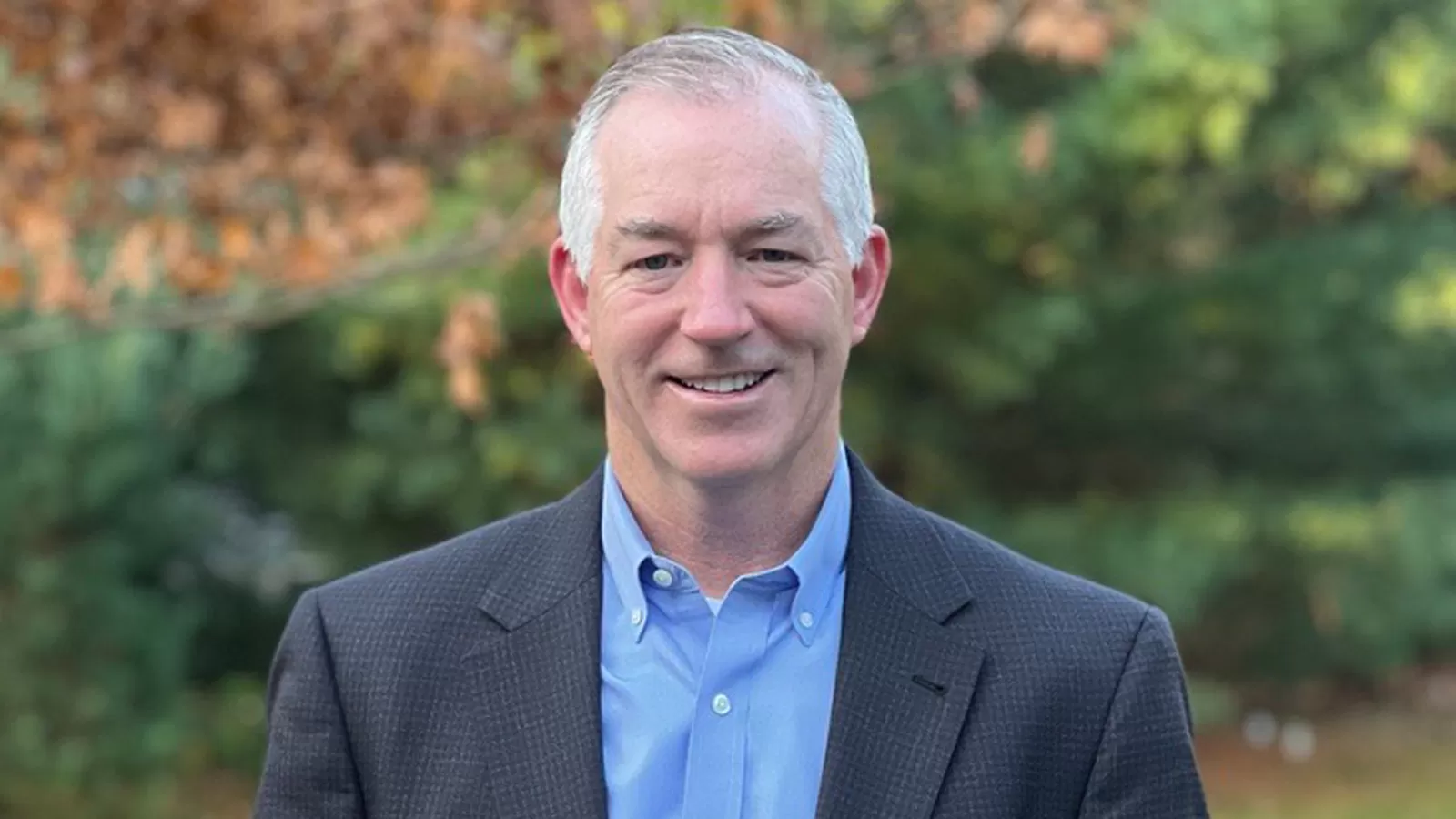Why Compliance Matters and Why Patients Should Care

In 2020, as pharmaceutical companies raced to develop a vaccine in record time, the public got a rare and exciting glimpse into an area of science that’s not usually in the spotlight: drug development. Clinical trials recruited hundreds of thousands of patients, while families in lockdown waited, hoping for regulatory approval of a COVID-19 vaccine that would change the course of the pandemic. Along the way, those who watched learned a lot about the technical processes involved in creating, testing, and manufacturing new therapeutics.
Even so, most patients don’t give any thought to compliance, and they shouldn’t have to. But as a company, we should, and we do.
In the pharmaceutical industry, “compliance” is the name of those stringent rules and regulations that guide the process in the development of new therapeutics. But for companies like Pfizer, there’s so much more at stake than simple rule-following. When it comes to compliance, what drives us in the pursuit of breakthroughs that change patients' lives is Pfizer's commitment to integrity, quality, and trust.
The evolution of compliance
Compliance has evolved significantly over the past three decades. When I began working at Pfizer in 1994 as an attorney focused on regulatory law, there weren’t yet compliance officers and compliance departments at pharmaceutical companies. It wasn't until 2003 that the U.S. government introduced basic guidelines for pharmaceutical manufacturer compliance programs. Over the next few years compliance would grow to become the norm in the industry—a way of demanding transparency, quality, and integrity. By 2013, when my official role shifted to the compliance division, Pfizer was ahead of the curve.
And for good reasons. What really distinguishes this industry is who we serve: patients.
As a patient myself, when a doctor prescribes a medication or vaccine, I never wonder about its quality. I never consider whether there are questionable ingredients in there. I get vaccinated and/or take the medicine on faith. That’s critical. We need to be able to have confidence that the medicines doctors prescribe are safe. We need to believe in the integrity of information about side effects and effectiveness. We need to trust that a business isn’t hiding negative findings. Compliance allows us to do that.
Guided by ethics and integrity
The truth is compliance is a word I don’t like to use. Without context, it’s scary and confusing. People don't get it; they roll their eyes thinking compliance just means following the rules and online training.
The words I prefer to focus on are ethics and integrity because compliance is a blueprint or a tool we use to pursue those loftier goals. Today, our compliance program is structured around eight fundamental elements forming our framework for effective risk management. Our compliance division is fundamentally a proactive function versus a reactive function. This is especially important when you consider the fast pace of medical innovation and the increasingly complex environment in which we operate. We anticipate where risks are in areas such as manufacturing, enforcement, and clinical trials. And that allows us to ensure our patients receive the highest quality products. It means that we champion integrity in all that we do.
At every level of the business, this program enables innovation and keeps us accountable. But when we’re talking about a new idea, a new breakthrough, the first questions aren't about compliance. The first questions we ask ourselves are “What is it?” “Is it a good thing?” “Will people be glad we're doing it?” “Will they trust us to be the people who do it?” From there, we start to talk about what rules we need in place to make sure we do it right.
It’s what gives us the confidence to say that if a product bears Pfizer’s name, then patients and prescribers can be sure it was thoroughly researched, carefully developed, and painstakingly produced without any compromises in quality.
COVID-19 and Compliance 101
The fact that patients usually don’t think about compliance is a good thing. It means we’re doing our jobs. It’s only in rare instances—like the race for the COVID-19 vaccine—that the public peeks in at the inner-workings of our industry.
This was particularly evident in 2020, when we were all social distancing in our backyards, I clearly remember having encounters with my neighbors. When I talked about my work at Pfizer, they were intrigued. They wanted to hear everything about the vaccine development process. Inevitably, the conversation would turn to speed, and a concern that we might be cutting corners.
I relished the opportunity to educate friends and family on what we were doing, and what we’ve always done. I talked about the policies and procedures and quality controls for every product and development—including the COVID-19 vaccine. And I emphasized that you can do this fast; there's nothing wrong with speed when you have a culture that is deeply committed to quality and integrity. While I may have bored my friends and family to tears explaining those inner workings, I believe they walked away with a deeper understanding of the laborious processes, oversight, and decisions that guide every aspect of our business.
Now, of course, everyone is better informed about COVID-19 and the development and authorization processes. The public intrigue has largely passed, and the world's attention is elsewhere. But we’re going to continue to do what we’ve always done: making responsible and ethical decisions to develop quality products for patients and society. That’s something that’s just in our DNA.
Compliance is more than just not breaking rules. It is an affirmative, pro-active, robust, uncompromising effort to ensure the integrity of every product we make. The mere absence of violations is not enough.
The fact that patients and healthcare providers trust us and trust our medicines speaks volumes about the meaning of our reputation—and the value of compliance, by any name.
___________
As the Executive Vice President and Chief Compliance, Quality and Risk Officer (CCQRO) at Pfizer, Rady Johnson leads the company’s global compliance program, Regulatory Quality Assurance organization, global security efforts, and Office of the Ombuds. He is responsible for and committed to ensuring that quality and integrity are at the heart of all Pfizer does. He joined Pfizer in 1994.
![]()




